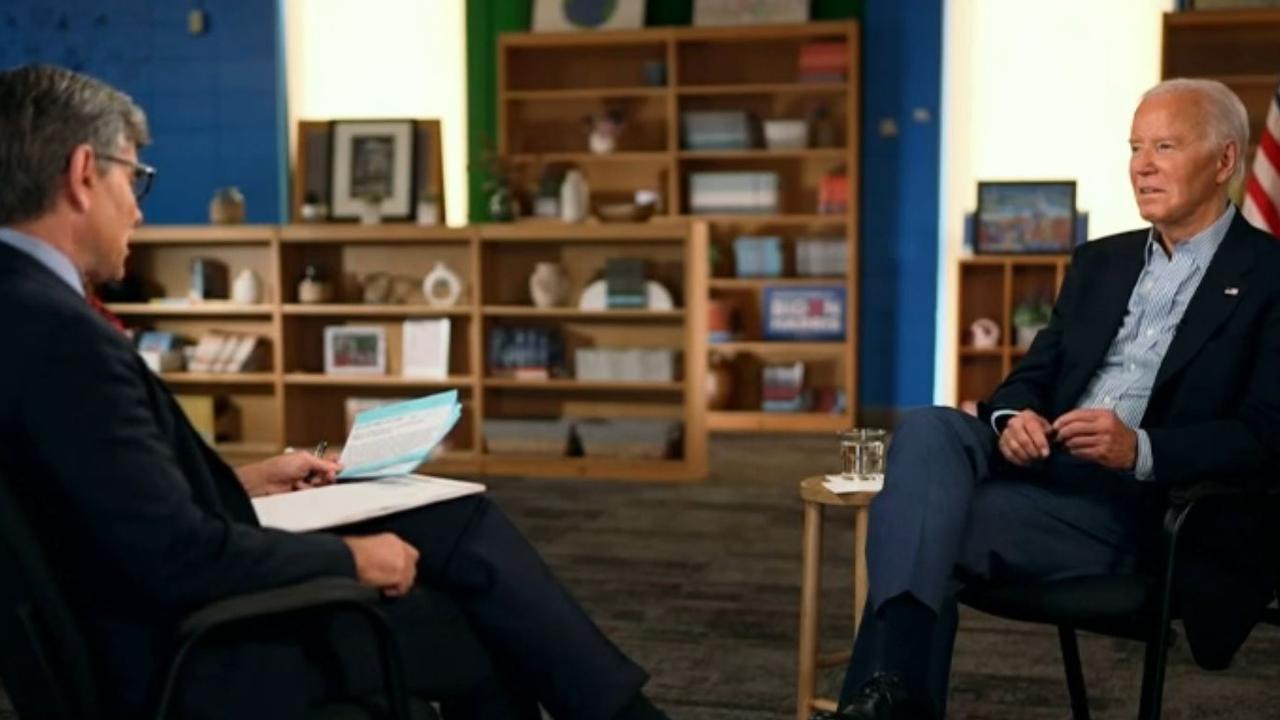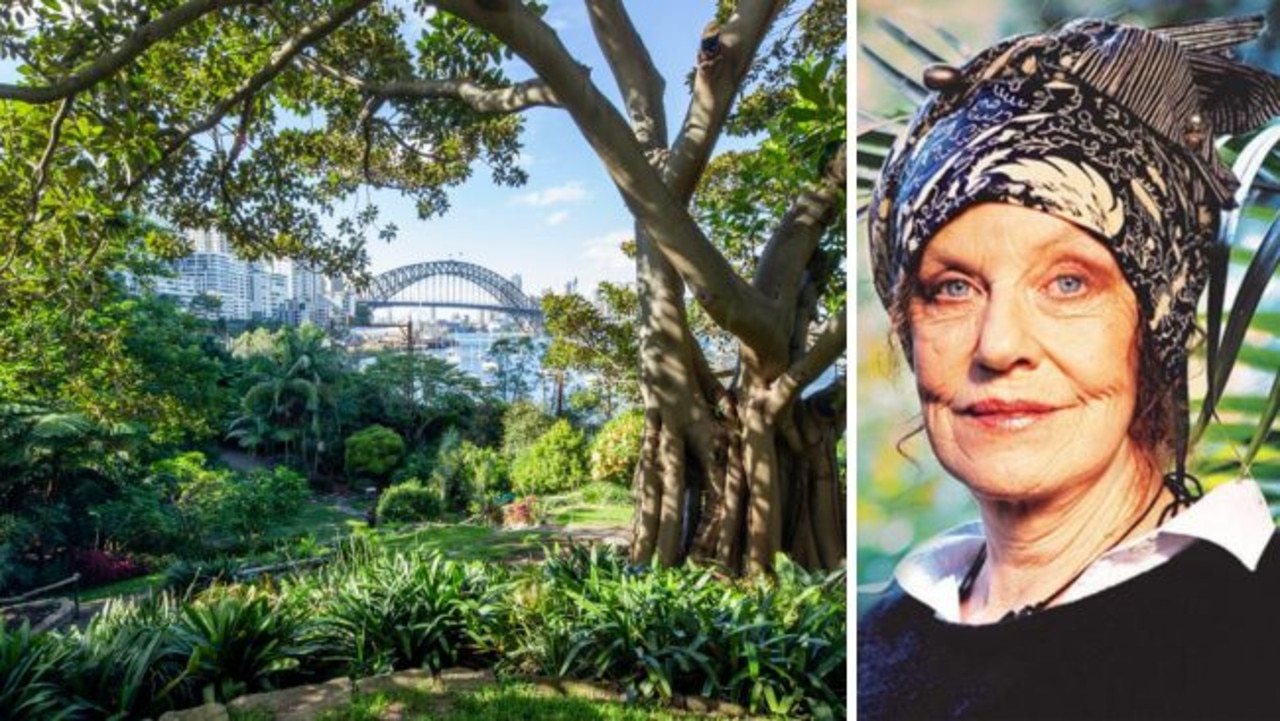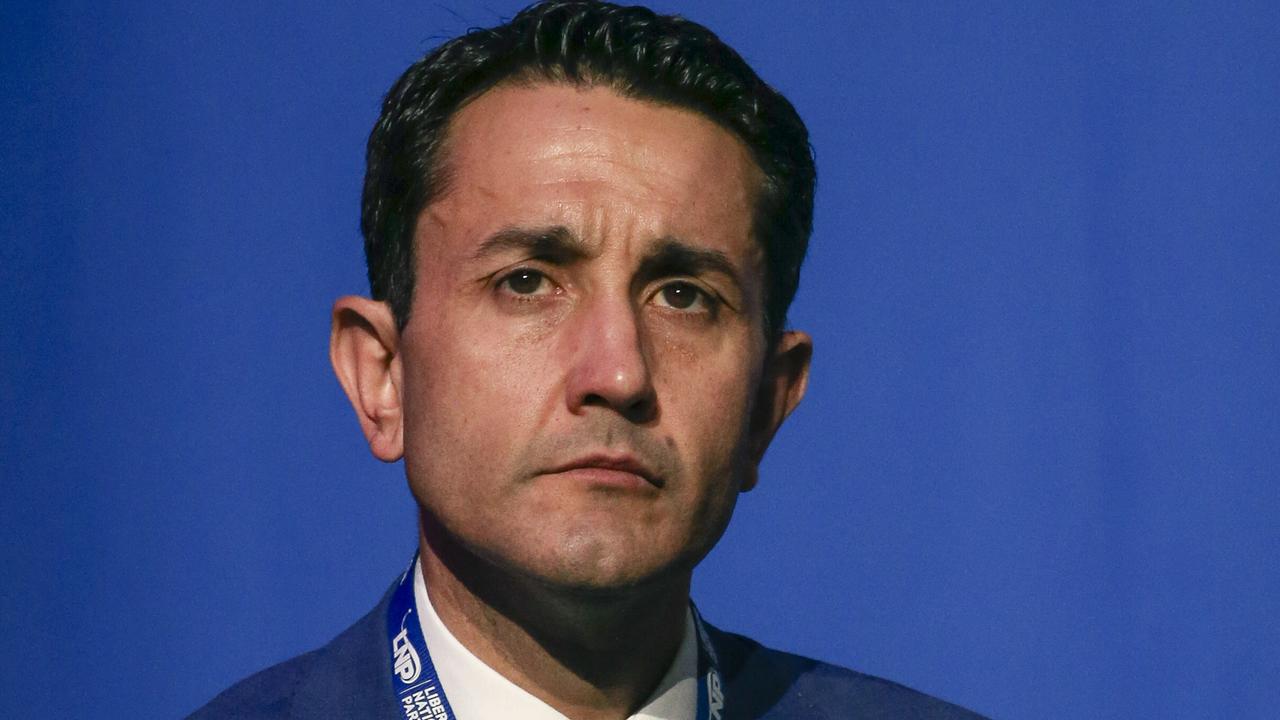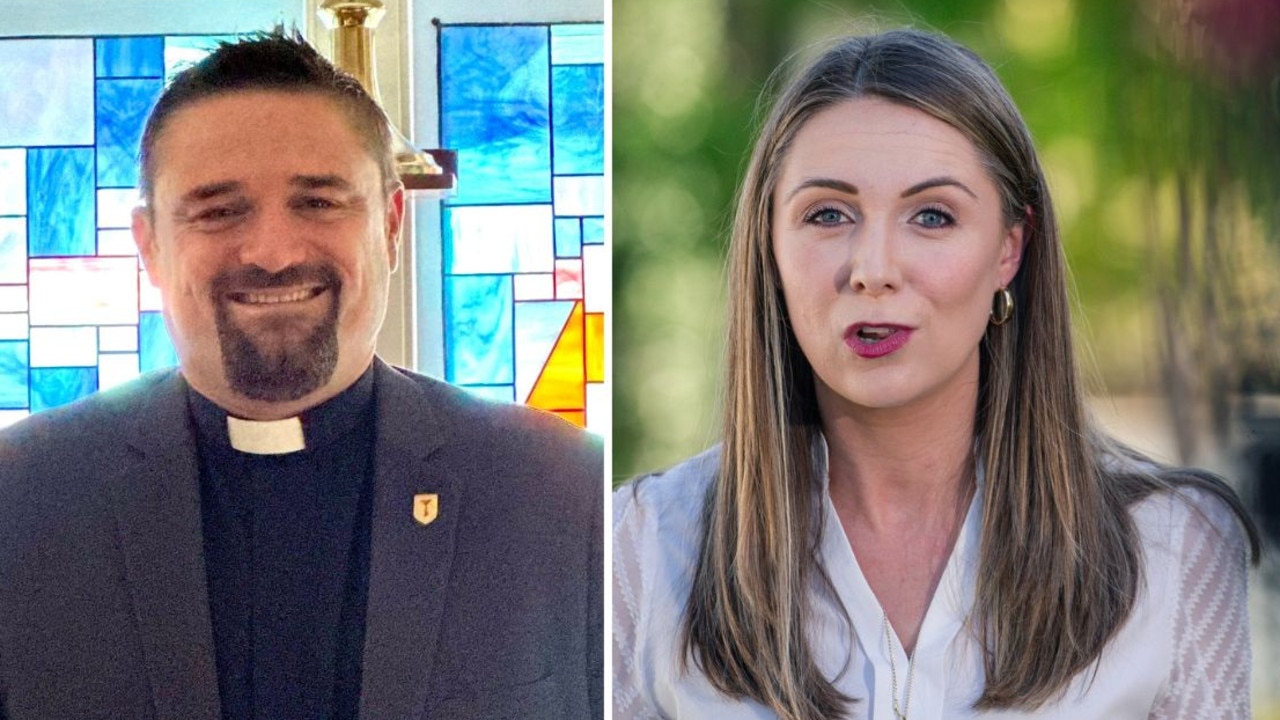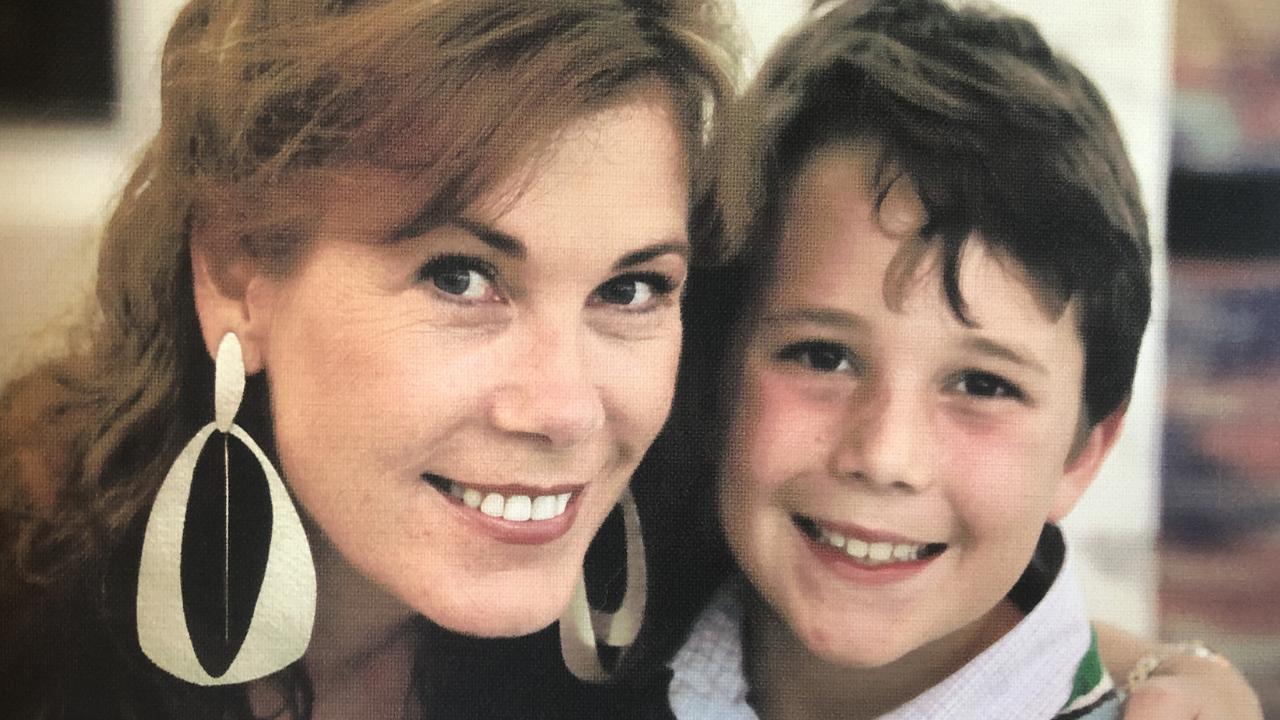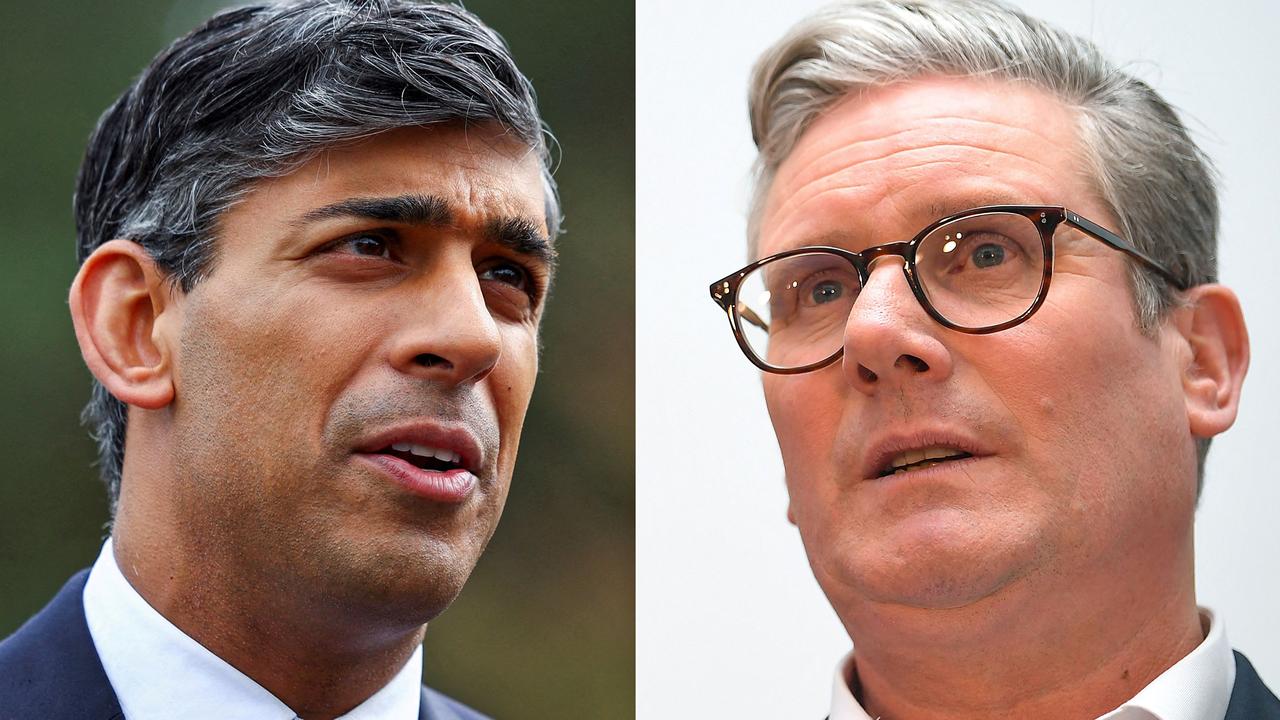Editorial: Why the secrecy over land claims?
The state government is showing political cowardice by refusing to detail attempts by unidentified Aboriginal corporations to claim freehold ownership of public land, writes the editor.
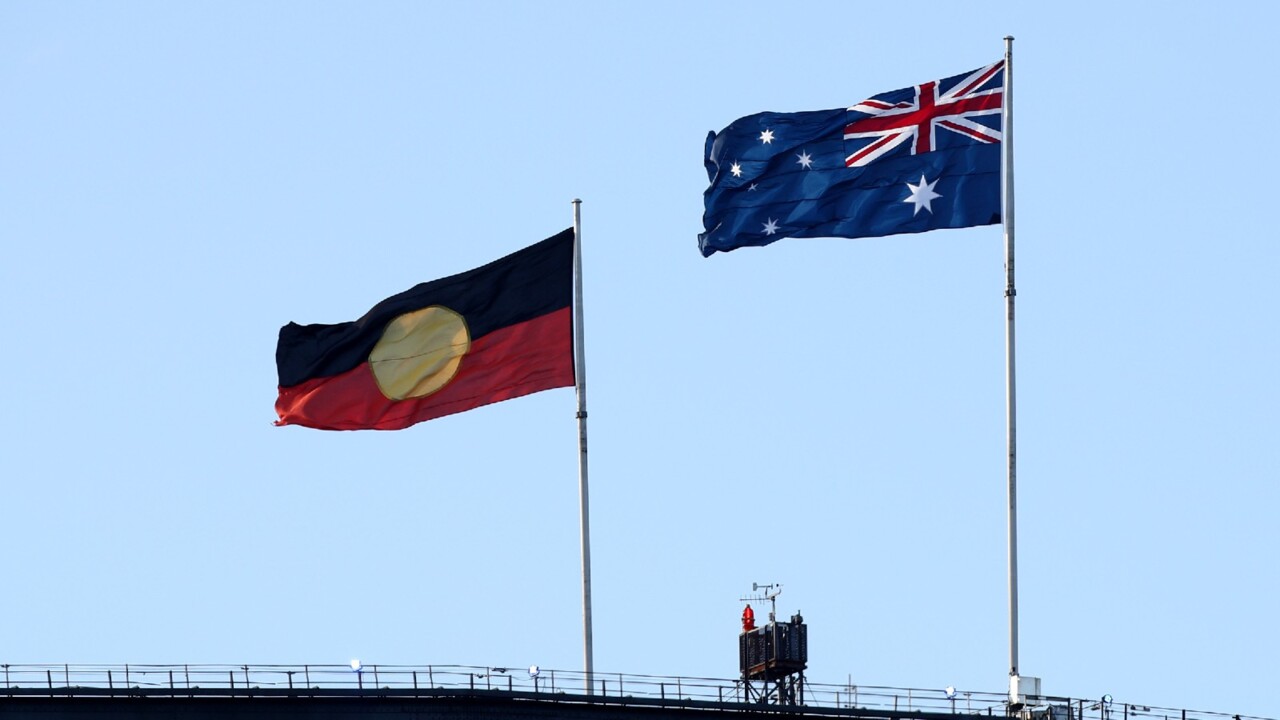
Opinion
Don't miss out on the headlines from Opinion. Followed categories will be added to My News.
The state government is showing political cowardice by refusing to provide details of attempts by various unidentified Aboriginal corporations to claim freehold ownership of public land in 15 – also unidentified – townships across Queensland.
This is a controversial topic. Other, recently revealed applications by Aboriginal corporations for freehold ownership of state land at K’gari (formerly Fraser Island) and Toobeah, near Goondiwindi, have already sparked community concern.
Local discontent at Toobeah has been enough to attract the interest of One Nation leader Pauline Hanson, who has demanded the transfer be halted.
The government obviously doesn’t want to be fighting another 15 such bushfires around the state just months before October’s state election. And so it has thrown a blanket of secrecy over the issue.
It has declared it can’t tell us more about the 15 potential land transfers – which we know about only after a question on notice in state parliament – citing “privacy” of the First Nations groups seeking ownership of the land. We’re not sure this is actually a legal defence but we do know it’s a decision akin to deliberately choosing to shoot yourself in the foot.
Surely, the government must realise one of the reasons these proposed land transfers are so upsetting for locals is the secrecy and absence of a clear explanation about what’s actually going on.
These various proposed land transfers are, on the face of it, quite within the law and are made under the Aboriginal Land Act or Torres Strait Islander Land Act, which allows various parcels of unallocated state land, Aboriginal and Torres Strait Islander reserves and national parks on Cape York and Moreton Island, to be transferred to First Nations corporations as “inalienable freehold”. Department of Resources figures show fewer than 70 parcels of land have so far been declared transferable by the state government since 2001.
Private freehold property is unaffected, which means existing landholders should having nothing to fear, something the government has singularly failed to reassure them of. Instead, its ham-fisted attempts at secrecy and lack of consultation have done nothing but create a fertile breeding ground for speculation about such questions as who will have access to newly transferred land and ongoing care and maintenance, as well as the impact on rates revenue.
When the Butchulla Aboriginal Corporation launched a bid for freeholder ownership over most of the two main townships of K’gari, locals say they stumbled on the proposed land transfer only by accident.
Fraser Island Association president David Anderson, whose family built the first house on the island, said there were fears residents and tourists could be denied access to previously open land.
Locals have expressed similar concerns at Toobeah, where the government is preparing to transfer the 220ha Toobeah Reserve to the Bigambul Aboriginal Corporation.
Perhaps if the government spent more time explaining the implications of these proposed land transfers and how they might – or might not – affect locals, rather than trying hide the facts, at least some of this political heat might dissipate.
WHAT HAPPENED TO ACCOUNTABILITY?
With great power comes great responsibility. It’s a concept that seems to be lost on Premier Steven Miles and his Energy Minister Mick de Brenni.
All week we have seen Mr de Brenni, with the support of his boss, try to distance himself from damaging revelations in the draft report on the Callide power station explosion in 2019.
Yesterday, Mr de Brenni was at it again, accusing CS Energy’s former chief executive Andrew Bills and former chairman Jim Soorley of misleading him on the state of maintenance at the plant.
Not content with blaming their staff for their shortcomings, now ministers are blaming the bureaucrats that they appointed and that’s not the way it should be.
We can go back to 2017 for an example of how these issues should be handled.
In February that year, then transport minister Stirling Hinchliffe resigned after the “rail fail” in which passengers were repeatedly left stranded because of a shortage of train drivers.
Announcing his decision at the time, Mr Hinchliffe acknowledged the challenging and frustrating issues that needed to be managed as minister. He then added: “I know that they have been a distraction for the government’s core task of delivering jobs for Queenslanders.
“Today marks a line in the sand on the matter.”
Surely Mr Miles must see the benefit of drawing a line in the sand on the Callide fiasco.
And if Mr de Brenni does not quit, Mr Miles should sack him.
Responsibility for election comment is taken by Chris Jones, corner of Mayne Rd & Campbell St, Bowen Hills, Qld 4006. Printed and published by NEWSQUEENSLAND (ACN 009 661 778). Contact details here
More Coverage
Originally published as Editorial: Why the secrecy over land claims?



